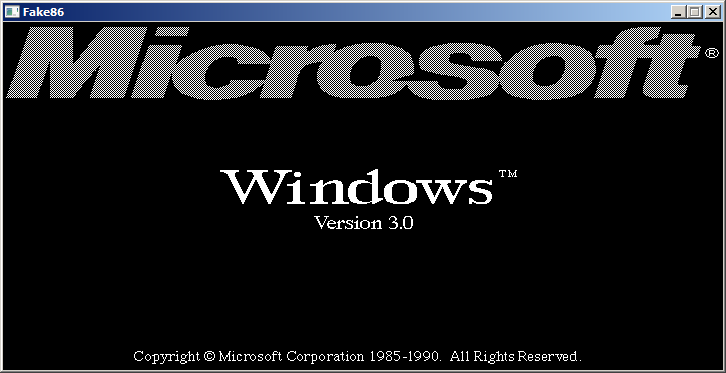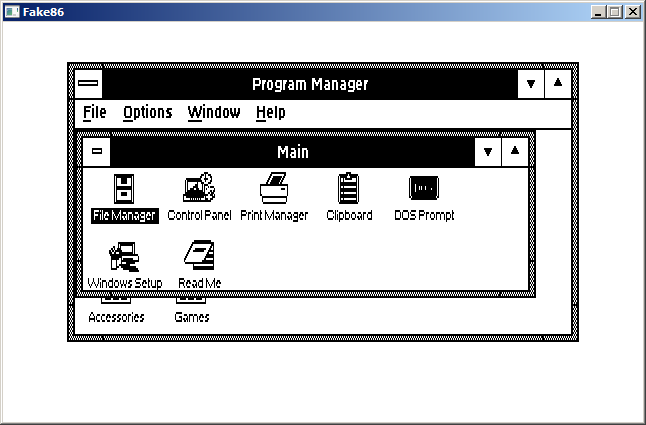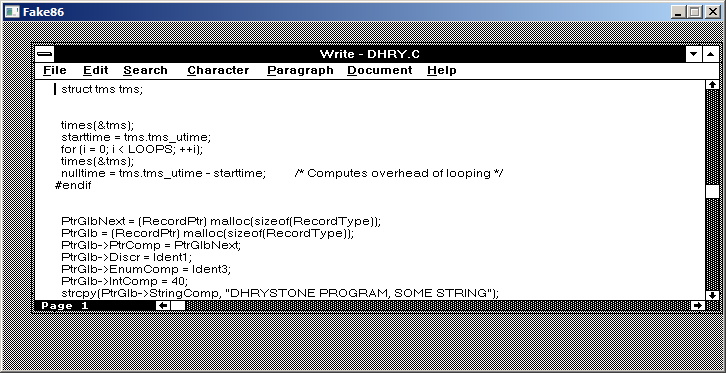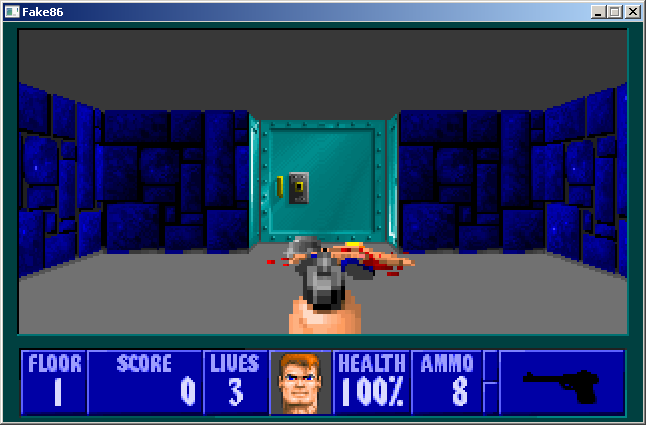Chuck(G)
25k Member
just got hercules mode 720x348 working.. if anybody wants to experiment with fake86 as-is, i'd gladly upload it. the more programs that get tested in it the better! jeez, hercules is so ugly.
It looks as if you're not doing it right. Real Hercules was the highest-quality graphics mode (albeit monochrome) until VGA came along. It looks as if you're skipping every 3rd line...




